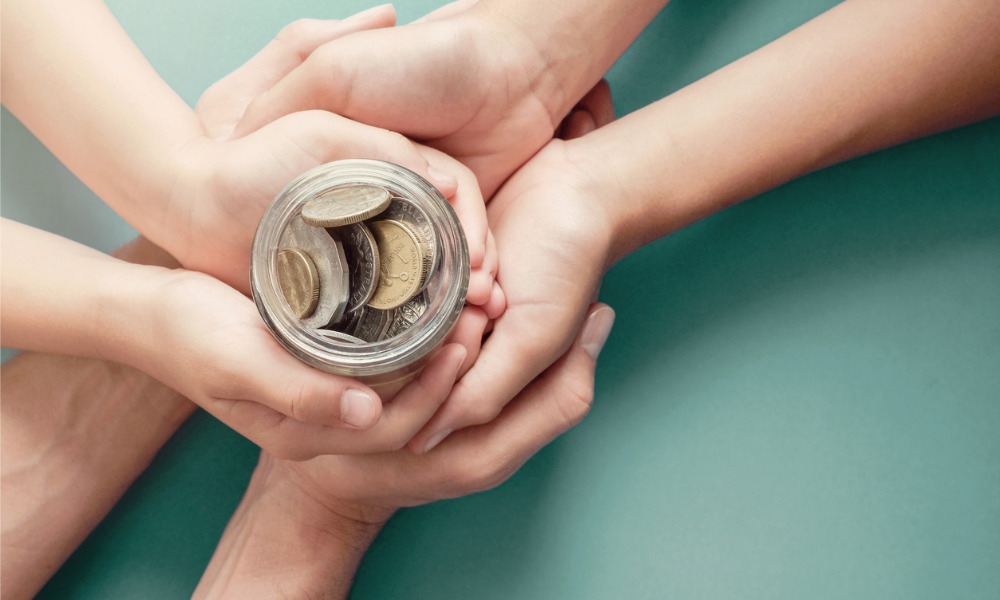
The event, held in partnership with the Singapore Academy of Law, shows that “COVID-19 has not dented the profession’s solidarity and camaraderie”

The Law Society of Singapore, in partnership with the Singapore Academy of Law (SAL), has helped generate almost SGD$65,000 for charity at an event bringing together members of the country’s legal profession via a virtual medium for the first time.
Profits from the 2 December event, entitled “Force Majeure,” supported the Yellow Ribbon Fund – STAR (Skills Training Assistance to Restart) Bursary, which focuses on rehabilitating and educating ex-offenders, and the Harry Elias SC CLAS Fellowship Fund established by the Law Society Pro Bono Services charity. The fellowship fund supports the provision of pro bono criminal legal aid services to vulnerable groups, the Law Society said.
“The generous giving by members of the legal profession to two worthy causes helping the vulnerable and new vulnerable is apt, timely and caring during the SG Cares Giving Week,” Law Society President Gregory Vijayendran SC said.
Force Majeure was attended by about 250 members of the legal profession, demonstrating that “COVID-19 has not dented the profession’s solidarity and camaraderie,” the Law Society said.
“In tongue-in-cheek fashion, SAL and Law Society termed the event Force Majeure to show that our meeting and greeting one another is neither suspended nor ended, even if the external environment could prove torrid or horrid,” Vijayendran said. “It is truly uplifting that the legal fraternity joined hands and hearts together in a show of authentic and symbolic solidarity despite our shared sense of loss suffered with society by the multifarious adverse impact of the pandemic.”
Instead of delivering a speech, Vijayendran engaged in a candid conversation with Singapore Chief Justice Sundaresh Menon, who presides over the SAL, at the event. The pair discussed the COVID-19 pandemic, with Vijayendran stressing how certain contractual rights and obligations were suspended or terminated as a result of the pandemic being legally analysed as a force majeure event along with its other negative effects.
Meanwhile, Menon pointed out the impact of COVID-19 restrictions on mentorship opportunities in the legal profession.
“I hope the profession will be able to go back to the things we cherish, like human interaction and contact. I feel terribly sad for young people, who have lost a window of mentorship, which depends on, to a significant degree, the ability to talk to their superiors,” he said. “They still do the work but miss out on a lot of the soft learning that is so valuable. I hope this can be part of our reality again before long.”
Menon also highlighted the lack of boundaries between work and home as a pitfall of the pandemic-driven remote working arrangements.
Vijayendran said he hoped that the Force Majeure event would be “a harbinger of hope for the strong spirit of unity and charity continuing long after the pandemic becomes a footnote of history.”
“Indeed, this event demonstrates compassion in deed and not only in words,” he said.